The Grateful Retrospect
Written by H, Posted in Christian Living, Published Work
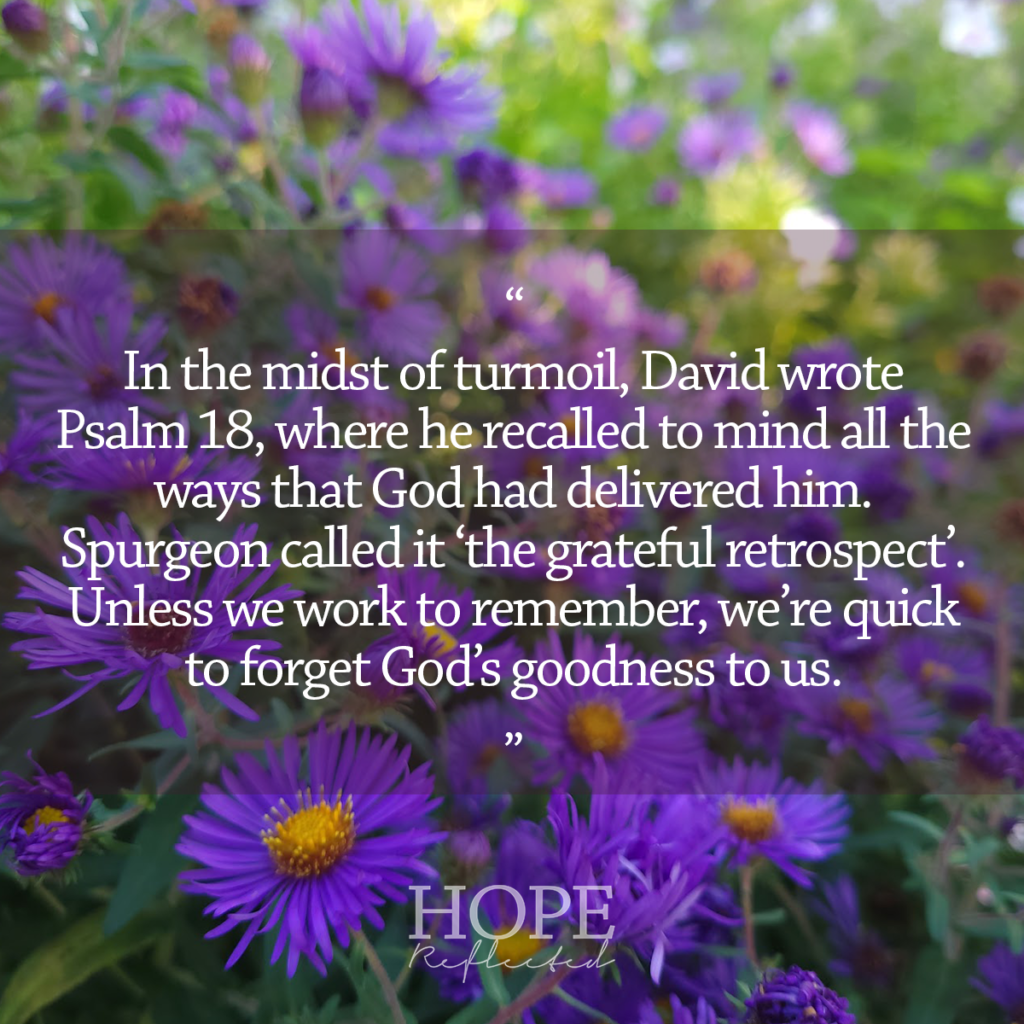
Throughout the Old Testament, the children of Israel were told to remember how the Lord led them out of Egypt
One would think that such a significant event – which involved a whole people group leaving the land with all their belongings and more, witnessing the magnificent parting of the Red Sea and the crossing thereof, and the destruction of the entire Egyptian army – would be something that people would remember forever. And yet, they needed constant reminding because they were so quick to forget. “…beware lest thou forget the LORD, which brought thee forth out of the land of Egypt, from the house of bondage.” (Deuteronomy 6:12).
The disciples found themselves in a similar situation as they tried to navigate stormy seas
After the Lord walked to them on the water and calmed the wind, “they were sore amazed in themselves beyond measure, and wondered. For they considered not the miracle of the loaves: for their heart was hardened.” (Mark 6:51-52). The disciples got caught up in their current circumstances and forgot about the miracle that they had witnessed earlier that evening when Jesus fed the five thousand. They shouldn’t have been surprised that Jesus came to them in the middle of the storm, for He had just taken a couple of fish and five loaves of bread and created a feast with leftovers. And yet, they were quick to forget.
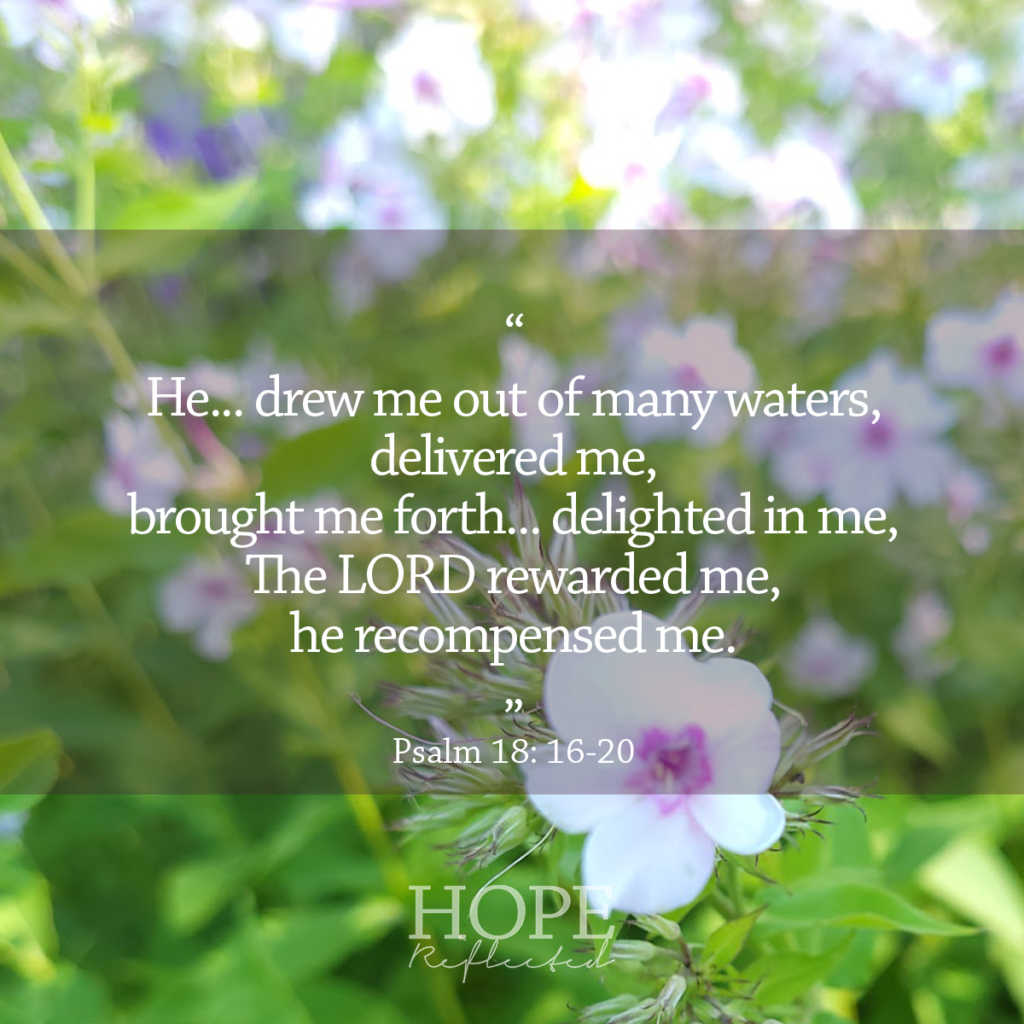
David made a point of remembering and meditating on the Lord, and all that He had done for him.
Hope Reflected
In Psalm 103:2, David said, “Bless the LORD, O my soul, and forget not all his benefits”. Unless we’re actively working to remember, we have a tendency to forget. “I remember the days of old; I meditate on all thy works; I muse on the work of thy hands,” David later wrote in Psalm 143. David made a point of remembering and meditating on the Lord and all that He had done for him. It is wisdom when we do likewise. Some people choose to keep a prayer journal to record prayer requests and praises, while others make a point of offering thanksgiving during prayer before making requests.

Whatever we do, we should remember God’s blessings to us, because they are many.
When the path seems dark and when there are storms on the sea, we have a hard time remembering the goodness of the Lord. “For thou wilt light my candle: the LORD my God will enlighten my darkness.” (Psalm 18:28). In the midst of turmoil, David wrote Psalm 18, where he recalls to mind all the ways that God has delivered him in the past. Spurgeon called it “the grateful retrospect”. “He…drew me out of many waters.” (v 16), “He delivered me,” (v 17), “He brought me forth… he delighted in me. The LORD rewarded me…” (vv 19-20). Though he was enduring an incredibly stressful and uncertain time, David remembered the goodness of the Lord. As Spurgeon said, “The deeper our troubles, the louder our thanks to God, who has led us through them all.” How’s our memory doing? It helps us to remember when we practice the grateful retrospect.

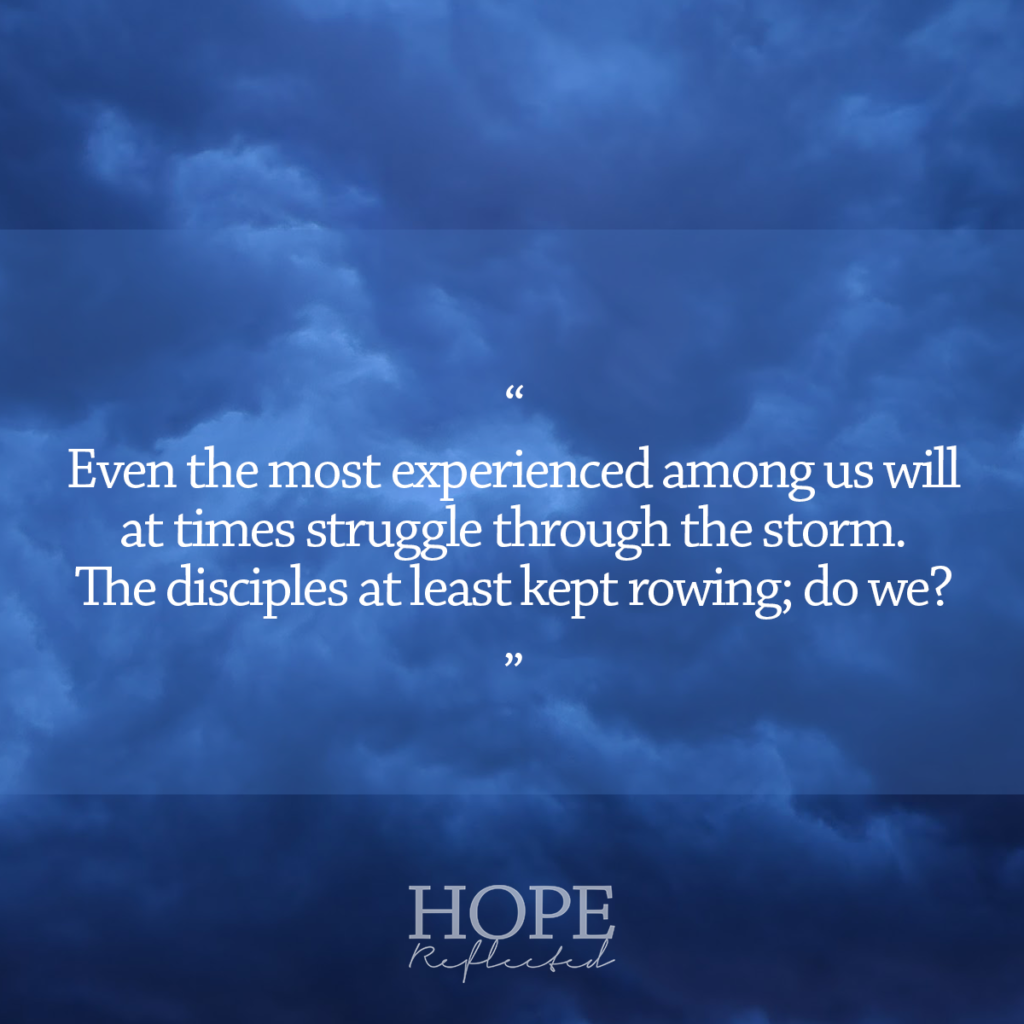

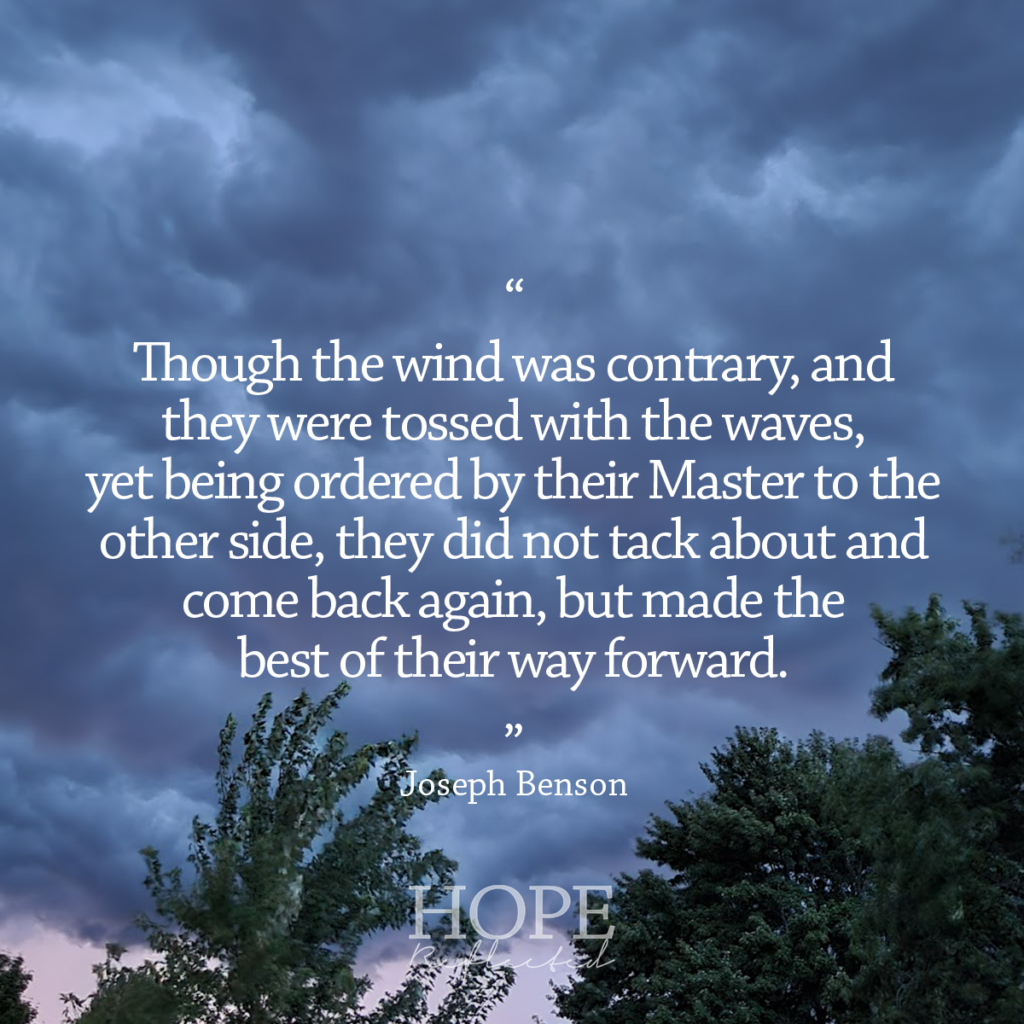
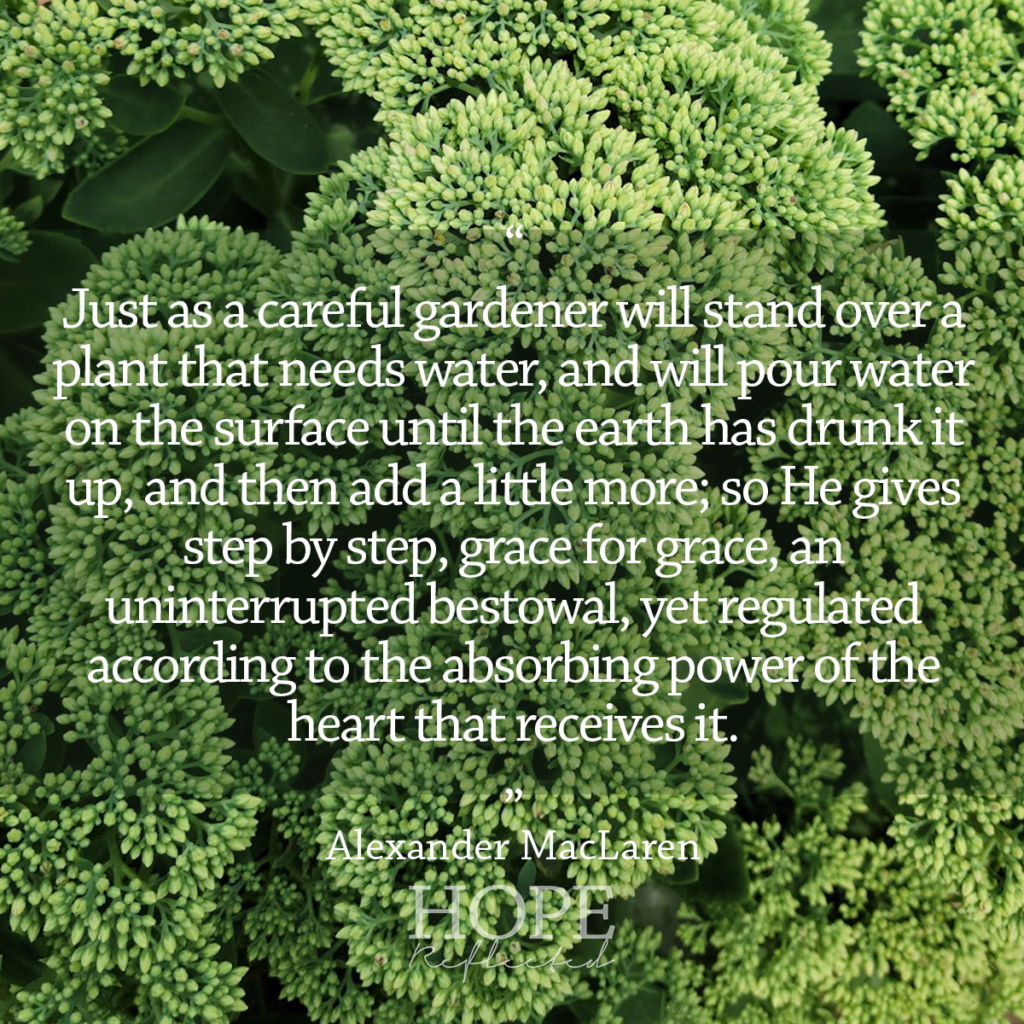

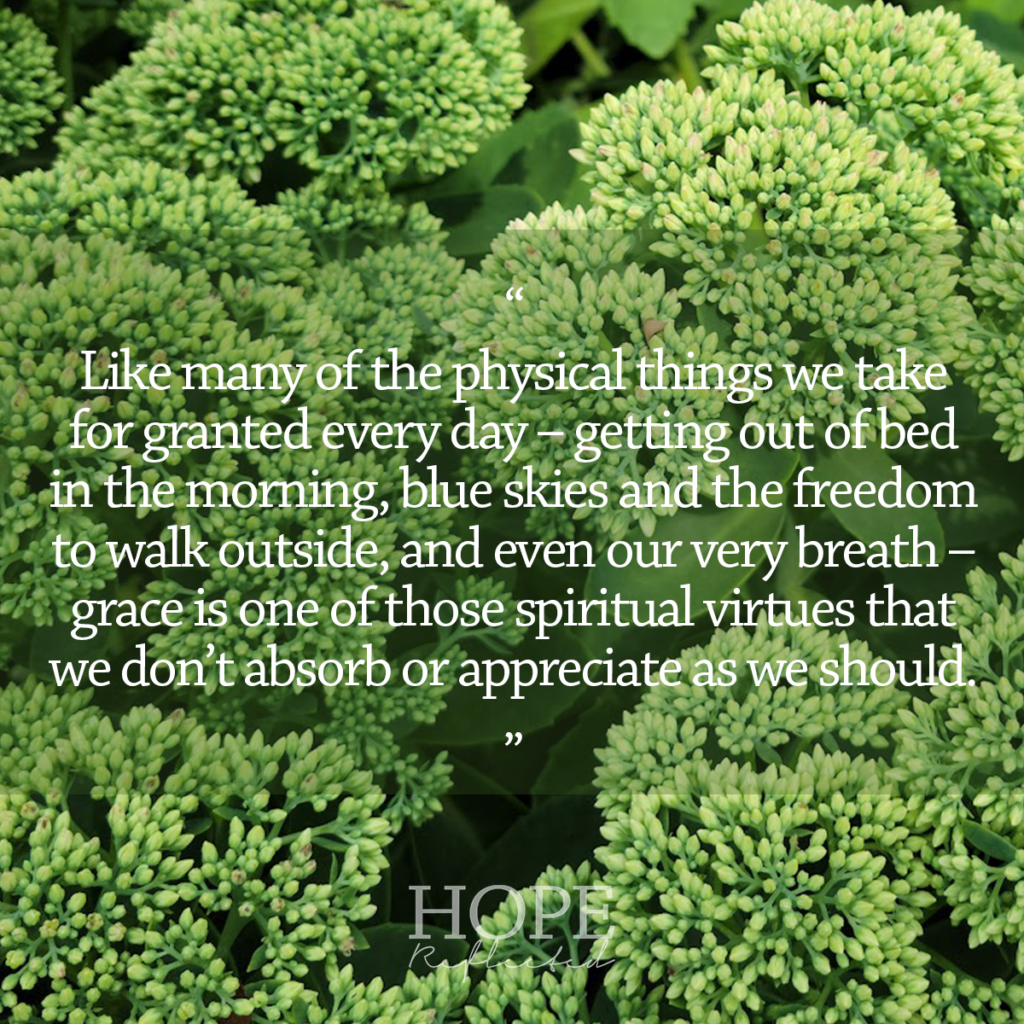
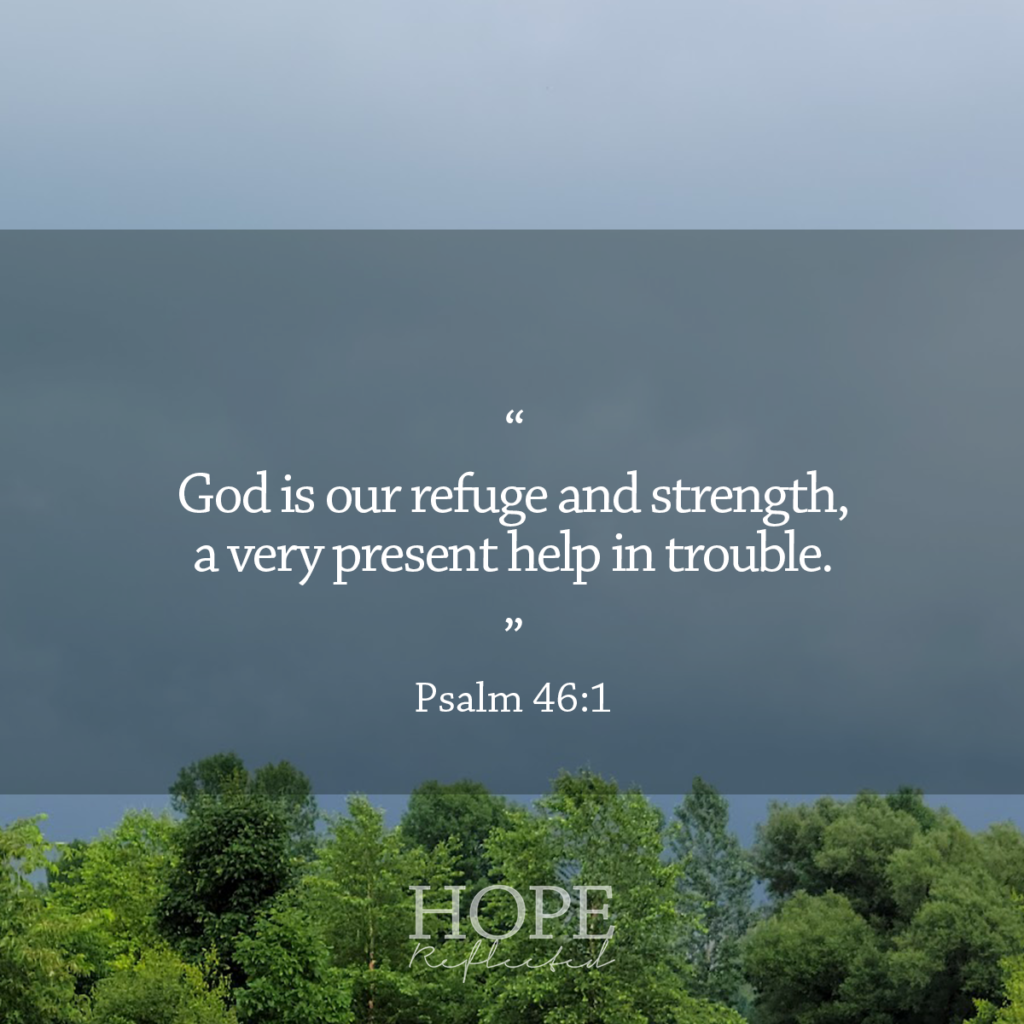



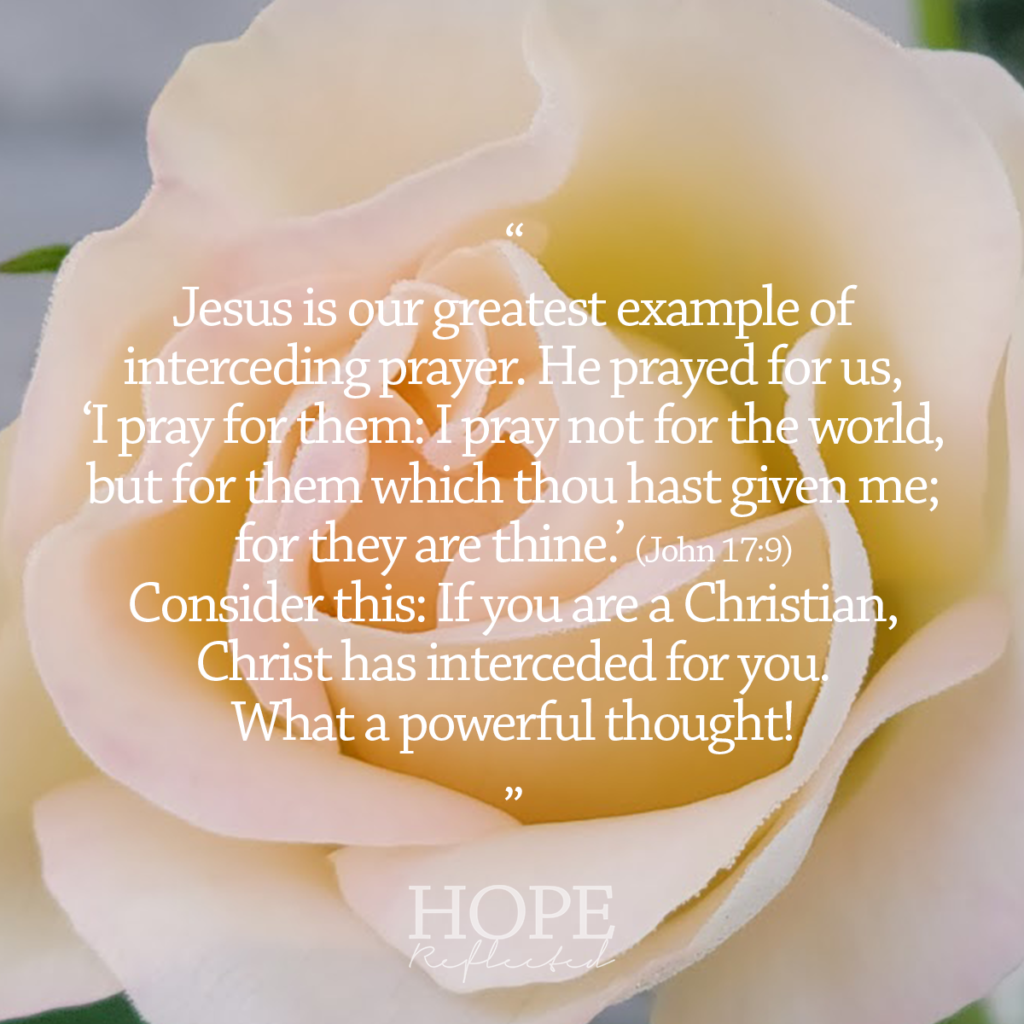
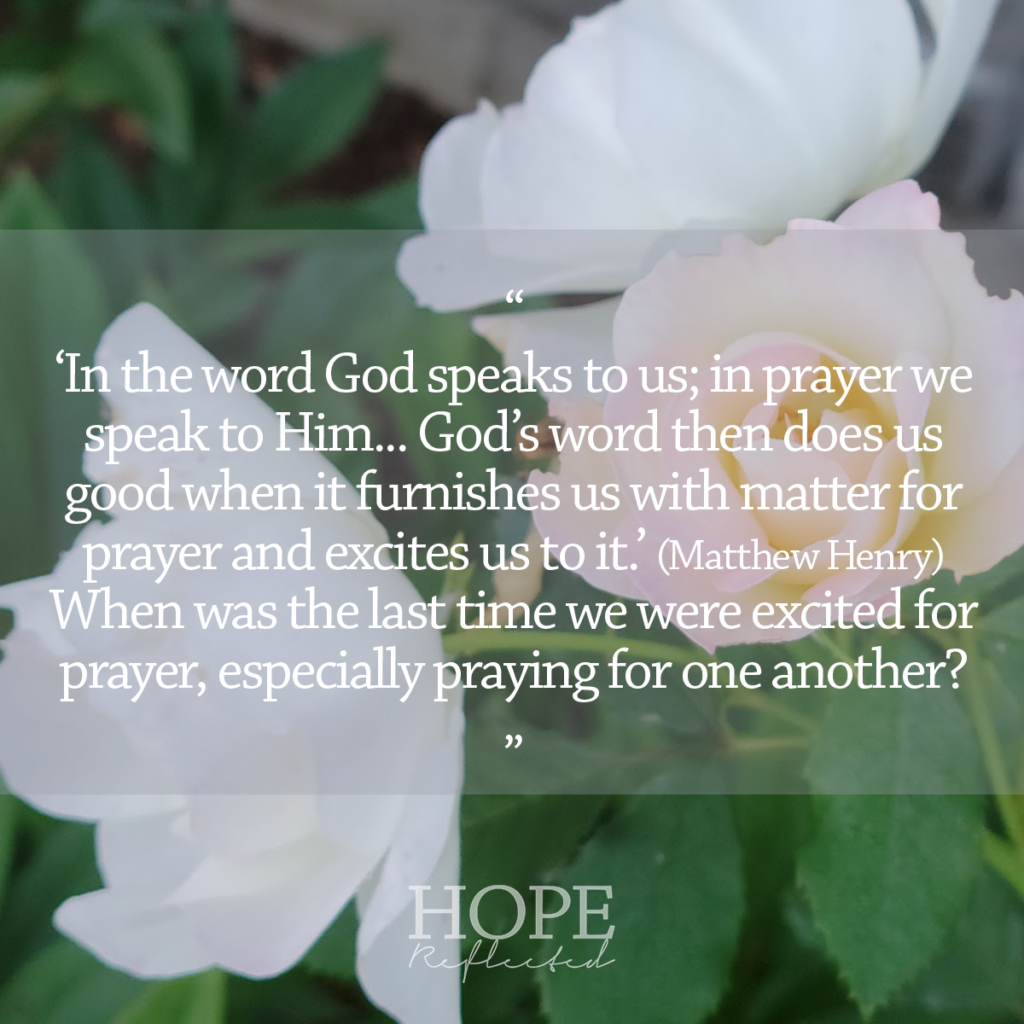
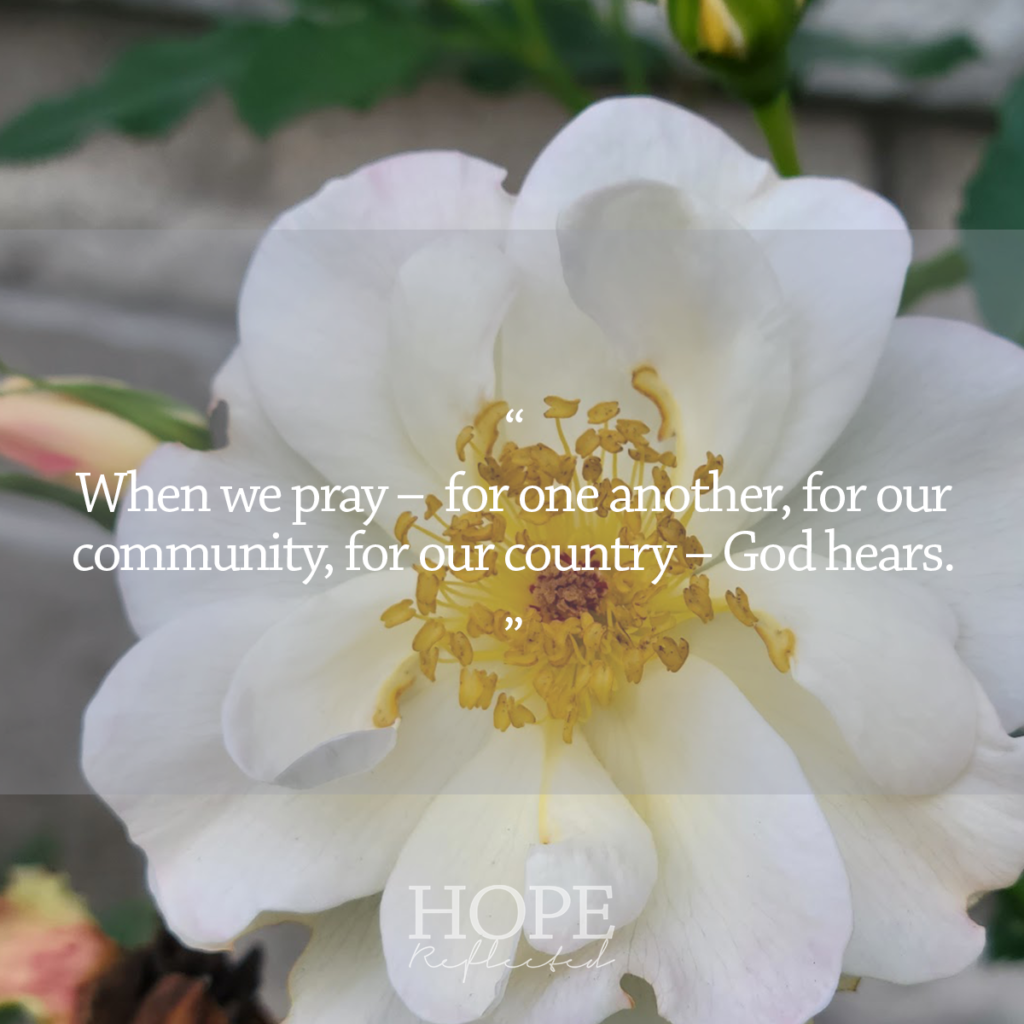
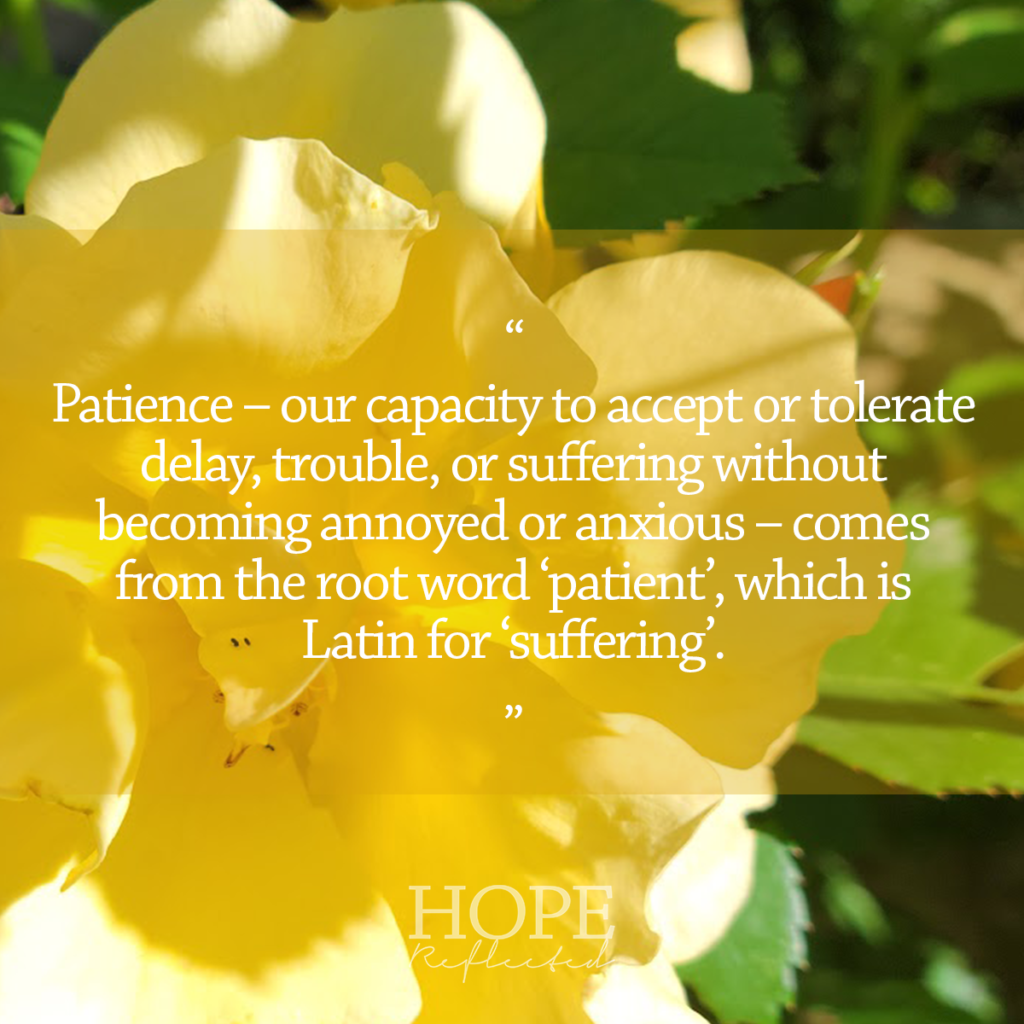
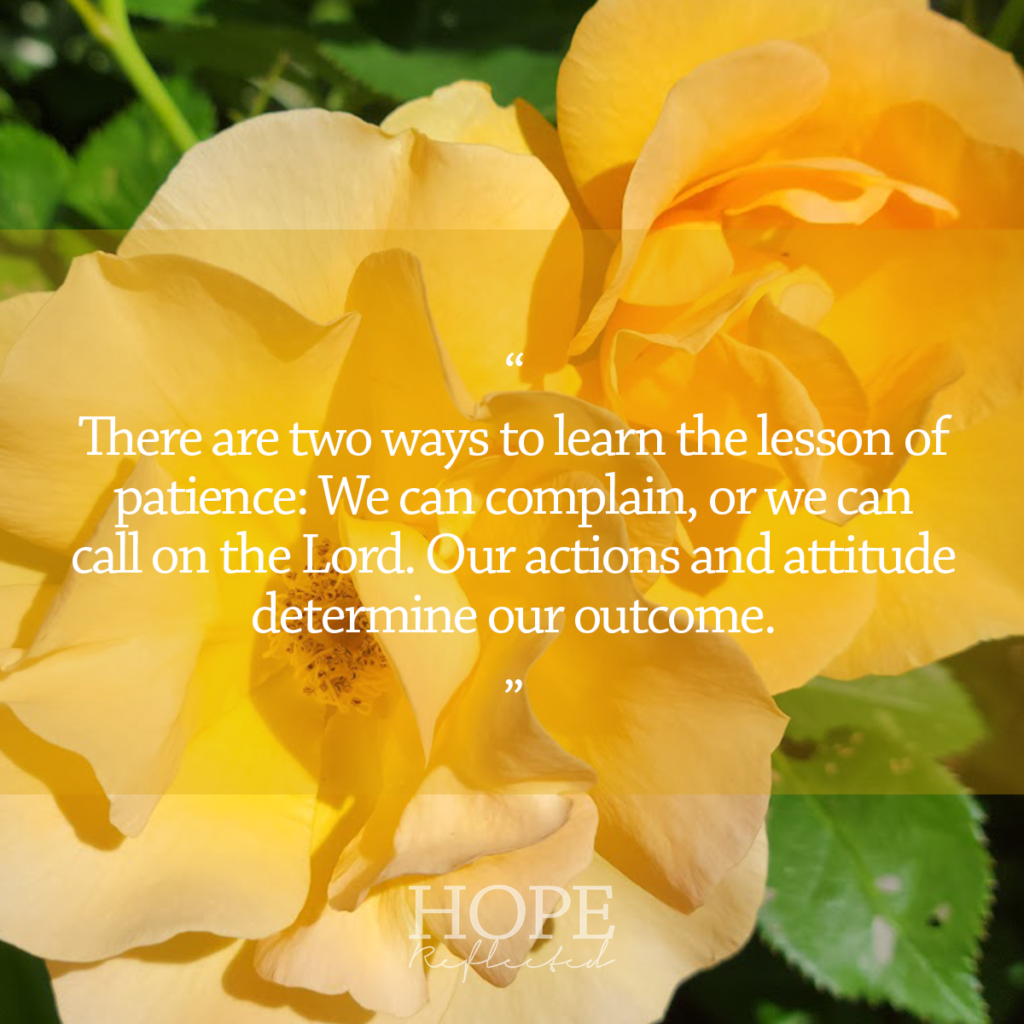
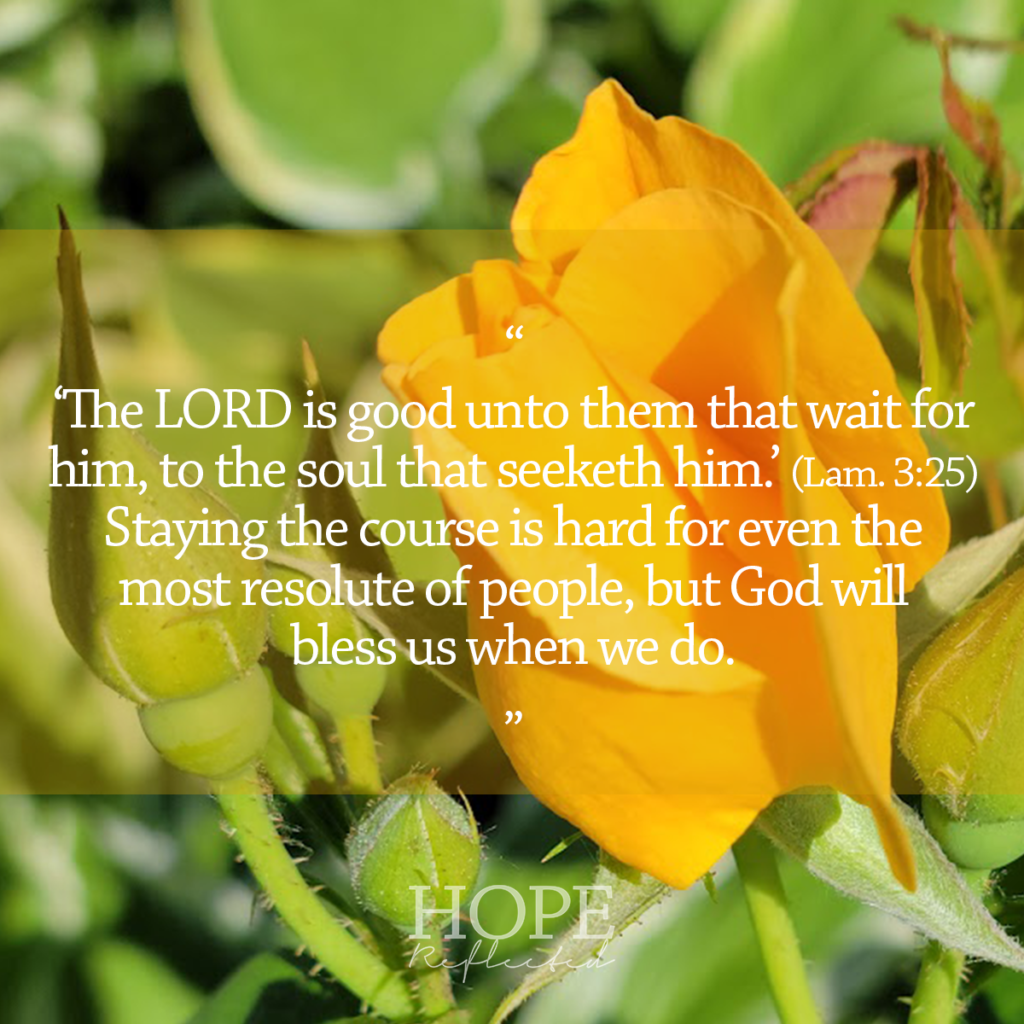

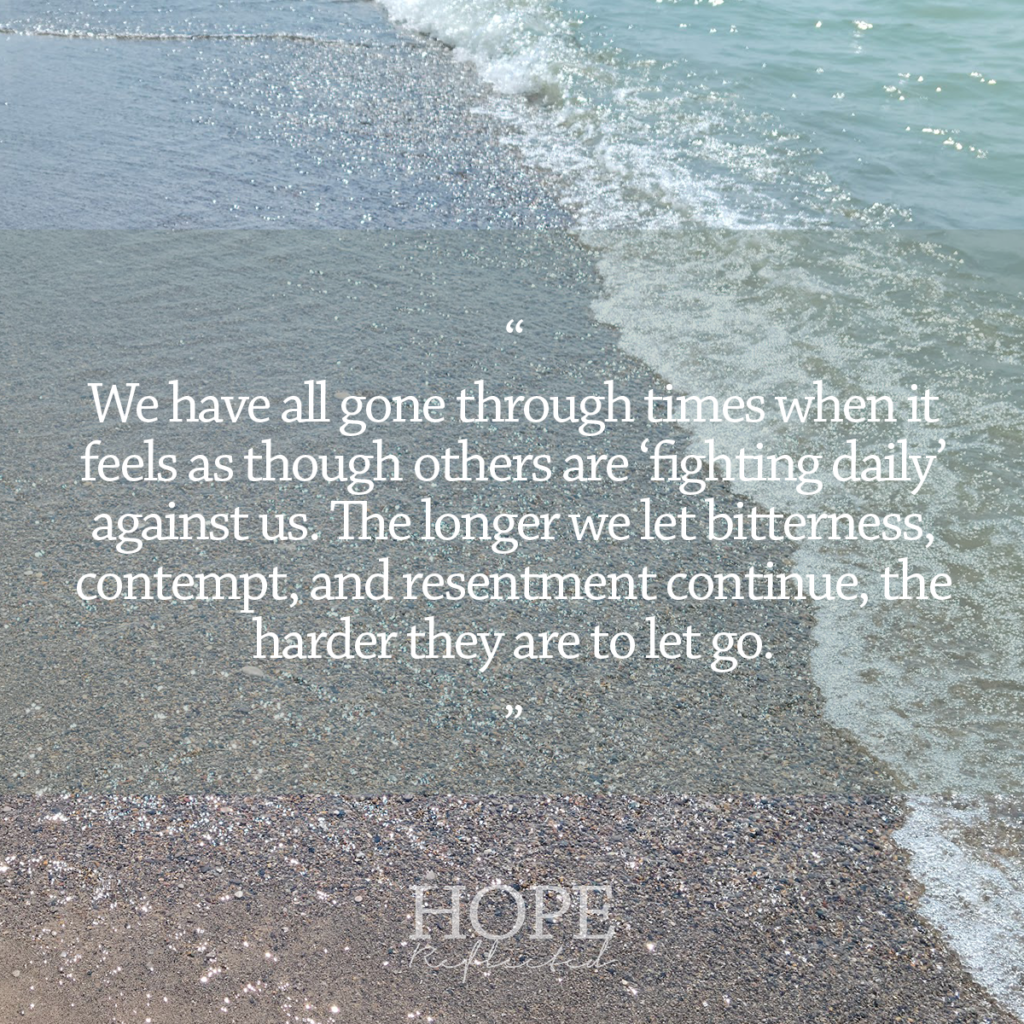

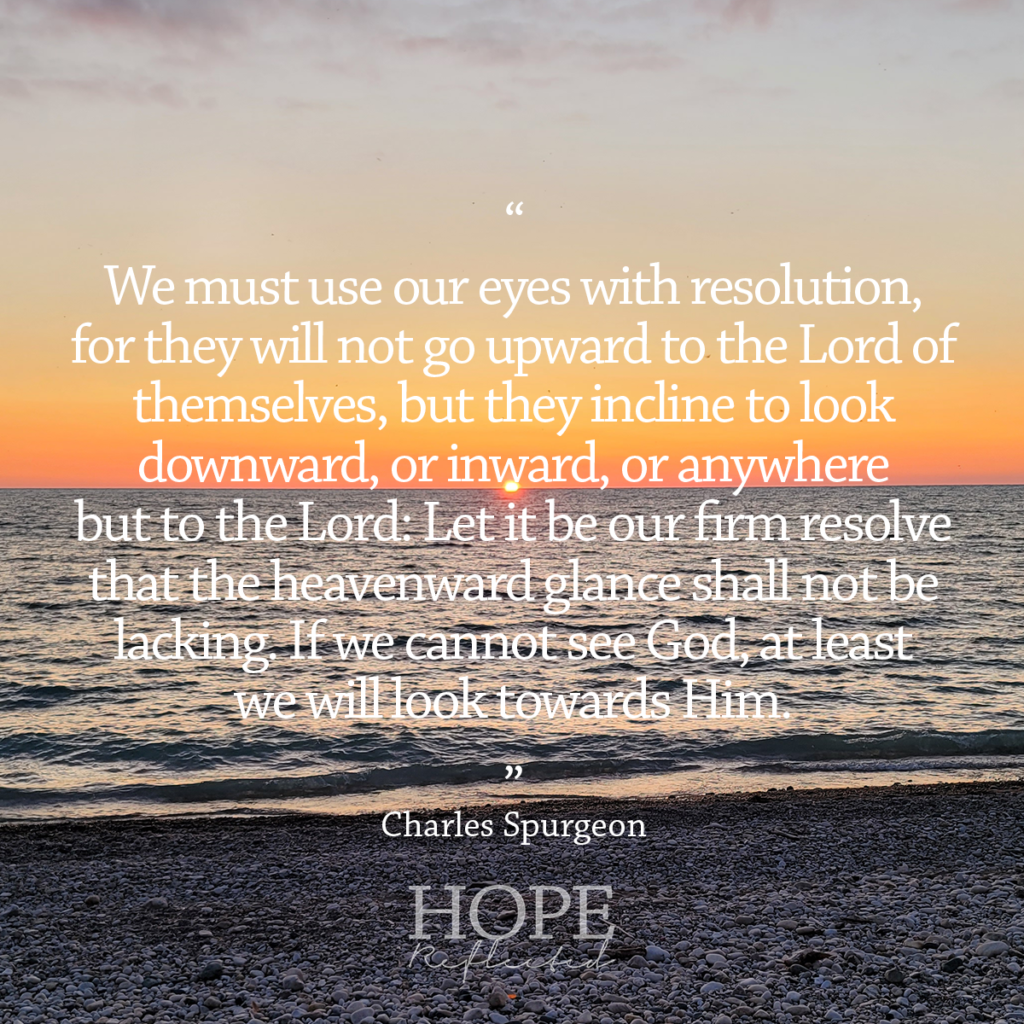





![False friends or counterfeit kindness; whatever you want to call it, the world is filled with people who will say one thing to your face and then another behind your back; people who will woo you in order to get something from you.
It’s sad, but it’s true.
The Bible provides us with examples from Joab to Judas, and yet, we’re surprised when we find ourselves deceived and hurt by someone else.
So what are some of the hallmarks of a true friend?
You can read more about this on hopereflected.com [Link in profile]
.
.
.
#friends #friendship #kindness #counterfeitkindness #hurt #proverbs #truefriends #hopereflected #blog #blogpost](https://www.hopereflected.com/wp-content/plugins/instagram-feed/img/placeholder.png)